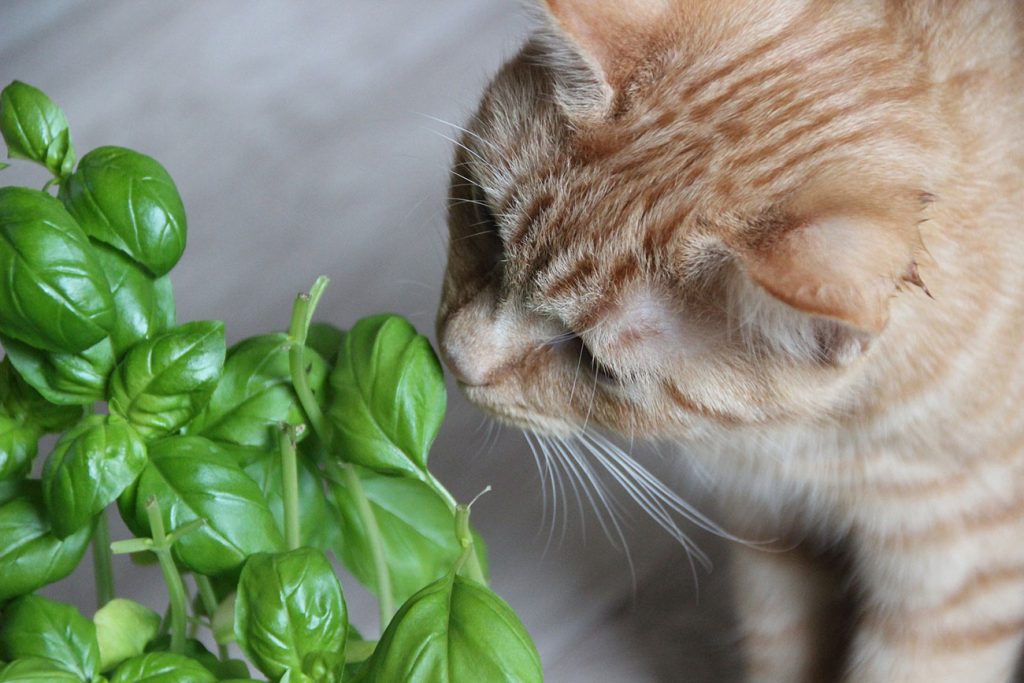Keeping your dog healthy and happy can be challenging – there are a number of plants out there that can cause adverse health reactions in your dog. Other dangers are water features such as a pond or pool can present a danger to smaller animals. Garden tools left out can result in injuries. When you have an animal around the house, you’ve got to know what you’re doing when it comes to keeping them safe, healthy, and happy. Read on for some common pet health dangers, tips on how to avoid them and what to do if you have concerns about your pet’s health, and safety in your backyard.
Plants

When planting a garden, it’s important to remember that some plants can be harmful to your pet. The American Kennel Club notes that daffodils, foxglove, geranium, and chrysanthemum plants can be a hazard to your pet’s health, to name just a few. Dogs and cats may be curious about these plants and could ingest leaves, flowers, or roots accidentally. Even small amounts can result in sickness or death. Some indoor plants are also necessary to keep away from your pet, like; peace lily, spider plant, anthurium, aloe, cast-iron plants, and heartleaf philodendron – all these plants are poisonous and should be avoided at all costs.
Water Features
It is best to avoid putting your dog near any water features that are not specifically designed for dogs. Water features like ponds and pools can present a serious hazard and even death if your pet falls into the water. As winter approaches, be mindful of these dangers, even if they’re frozen, because your animal could fall through the ice. Take precautions where possible!
Garden Tools
If you have an outdoor pet, there are a number of things you should be aware of that can pose a hazard. Tools like shovels and rakes with metal tines, shears, and lawn mowers can all cause injuries if the animal comes in contact with them. Leaving yard tools out will also increase the chance for your animal coming into contact with the tool, which increases the potential for injury.
Mulch
The ASPCA recommends you substitute a less toxic mulch, like shredded pine bark, for the more typical bark mulch. This type of mulch is made of naturally decomposing wood that has been ground up into a light, fluffy material and will be safer for your dog or cat to walk on. If you’re unsure about what is safe and what’s not, it’s always best to err on the side of caution and stay away from these substances altogether.
Contact your veterinarian right away if you have any questions or concerns about your pet and any encounters with plants or other items in your backyard.

